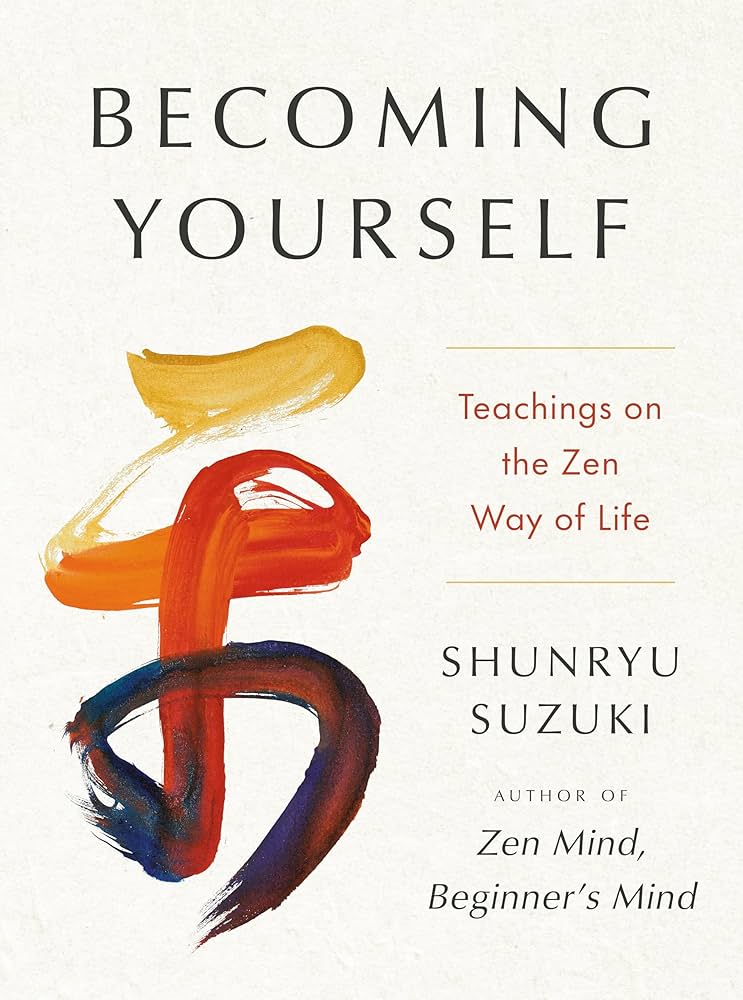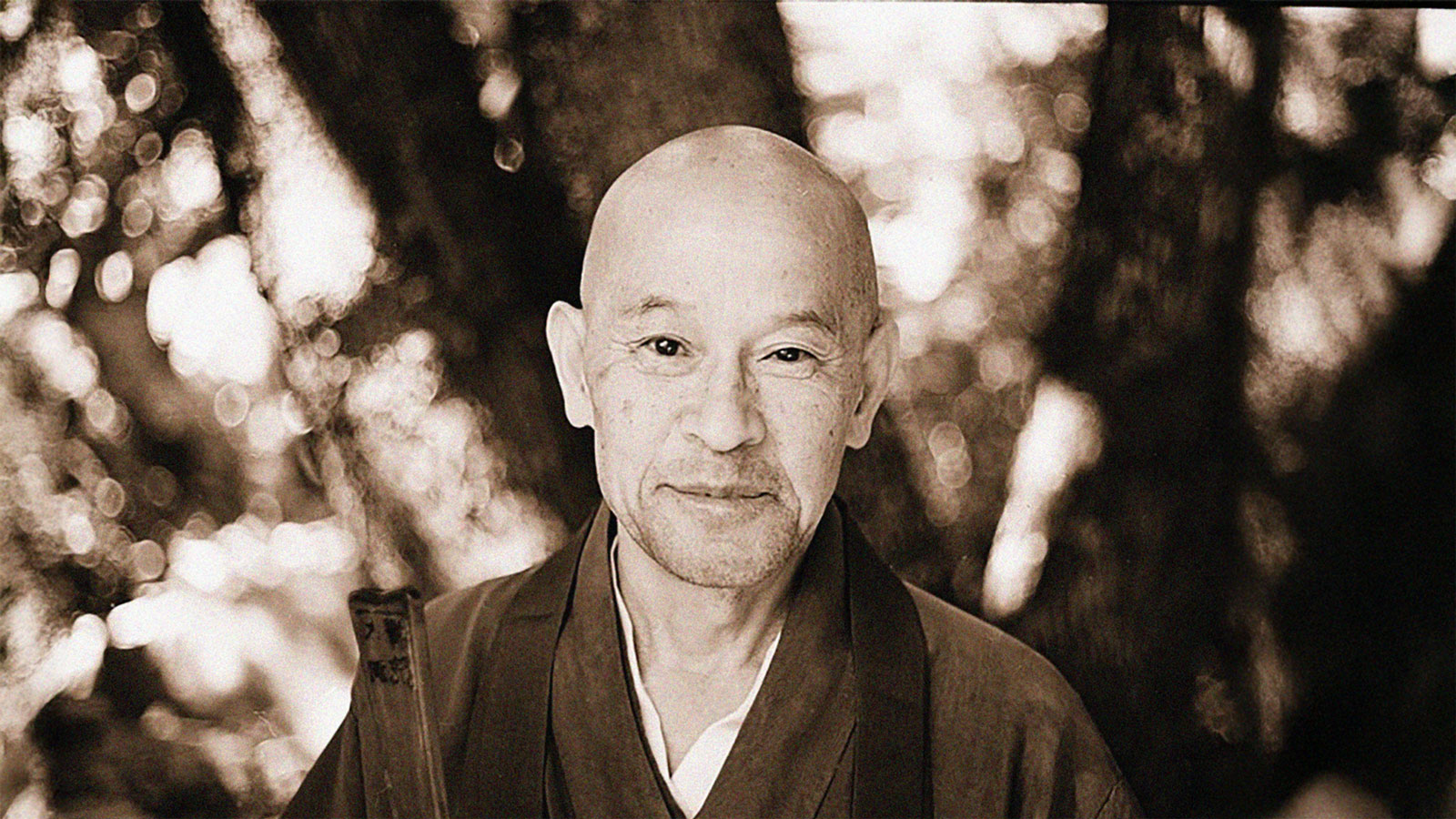The ten prohibitory precepts—not to kill, not to steal, and so forth—don’t seem like anything special, they are quite ordinary and familiar to almost everyone. It is also well-known that they are pretty difficult to observe! They are quite simple, but quite difficult to observe.
We do not observe the precepts in order to achieve something mentally or spiritually special, we follow them just so that we can be good citizens. There is no need for us to be sages; if we can just be good citizens, that’s enough! If we can be good American citizens, then I think we will not have any more war. If we are too good, we will have to fight, but if we are just good, common citizens, there will be no need to fight. This point is very important for us. Our precepts should be very ordinary.
The ten precepts are well understood as customs among human beings, sometimes as unwritten rules and sometimes as commandments or national laws. Precepts are made into laws to help us to observe them, because they are difficult to observe. The problem is that when the precepts are understood just as laws, we may think we can find a way to violate them. If an attorney says we can violate them, then we can and it is good!
Another way that precepts are normally understood is as moral rules. Morality emphasizes the negative sense of the precepts: “You should do this; you should not do that.” But this understanding of the rules of human beings does not work properly, because under moral rules we have no freedom.
The religious realm is different from laws or morality. Precepts in the religious realm are what we feel that we have to do, or want to do, instead of what we should do. When we say, “I should,” we are in the realm of moral rules. When we observe the precepts with the feeling that “I cannot help doing so,” or “I have to,” or “I want to,” we have the religious understanding of our rules.
In this religious realm we have freedom, but we need faith. We cannot obtain this kind of freedom without religious faith, without finding our inmost request. When we find our inmost nature or Buddha nature, we naturally understand the precepts both in the negative sense—we don’t want to do anything wrong—and in the positive sense—we want to do something good. This is why we need precepts.

The precepts are not like laws or contracts between people or countries. The precepts are a contract about the relationship between Buddha and sentient beings. When we understand them in this way, we have no chance to break the precepts, because we want to observe them. When you want to observe them, there is no opportunity to break them.
In the religious realm, precepts extend to the kind of r that no moral rules or national laws can reach. Religion goes deeper than those. Religion brings you not only to certain demeanors or behaviors, but even to how to smile or how to blink your eyes. It should go that far. Religion is deeper and more real to us than laws or rules.
Religion goes very deep, but if you understand religion in the same way that you understand rules or laws, then religion becomes very bad—it becomes terrible. When you look at religious practice in that way, it loses its faith and freedom, and religion becomes the worst thing that you have. If you believe in religion, you should believe in it from the bottom of your heart, or else religion is the worst thing of all to observe or believe in. In religious faith, we should have a complete freedom.

